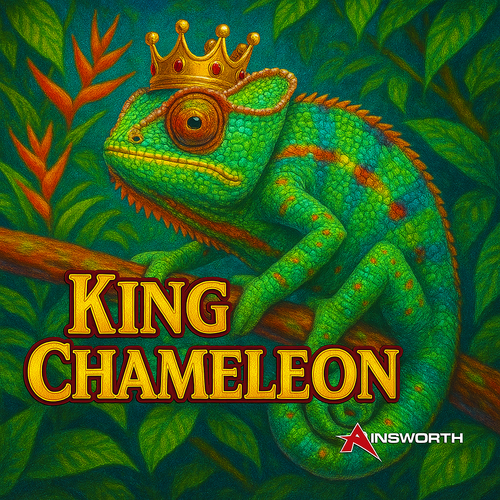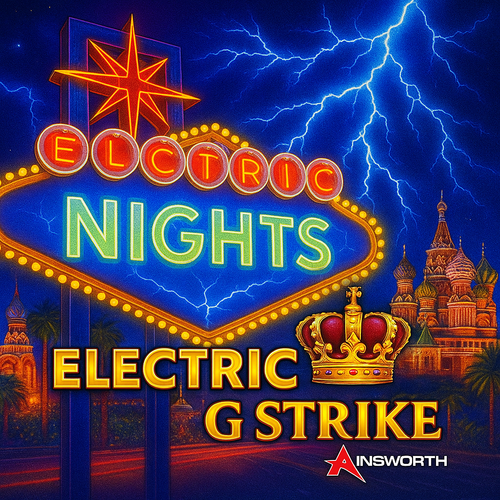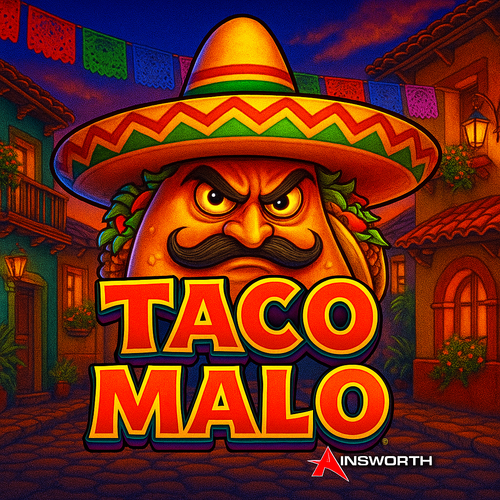Low Rate, High Return Slots - 2025 Trend
In 2025, more and more developers are releasing slots that allow you to play at minimal rates, while maintaining a high theoretical return to the player (RTP). This trend is especially popular among beginners, cautious players and those who prefer long gaming sessions with minimal risks to bankroll.
Why the trend is gaining popularity
Accessibility for everyone - the ability to play even with a minimum budget.
Minimal risks - at a low rate, the loss of funds in case of failure is minimal.
High RTP - often over 96%, guaranteeing long-term statistical returns.
Long gameplay - more spins in one game session.
Features of such slots
1. Minimum rate from $0.05-0.10 per spin.
2. RTP 96% and above.
3. Return-enhancing mechanics: cascading winnings, uncapped multipliers, frequent mini-bonuses.
4. Medium or low volatility - winnings occur more often, although the amounts are usually less than in high-volatility games.
Examples of new products in 2025 with a low rate and high RTP
Benefits for players
Playing without pressure - the stakes are small, so there is no stress from losses.
Ability to test strategies - you can test different approaches to betting and choosing bonuses.
Suitable for performing a vager - a large number of rotations with minimal investment.
Trend perspectives
Low-rate and high-RTP slots are becoming the new standard for attracting a wide audience, especially on mobile platforms. Most major providers are expected to release adapted versions of their hits in this format by the end of 2025.



















